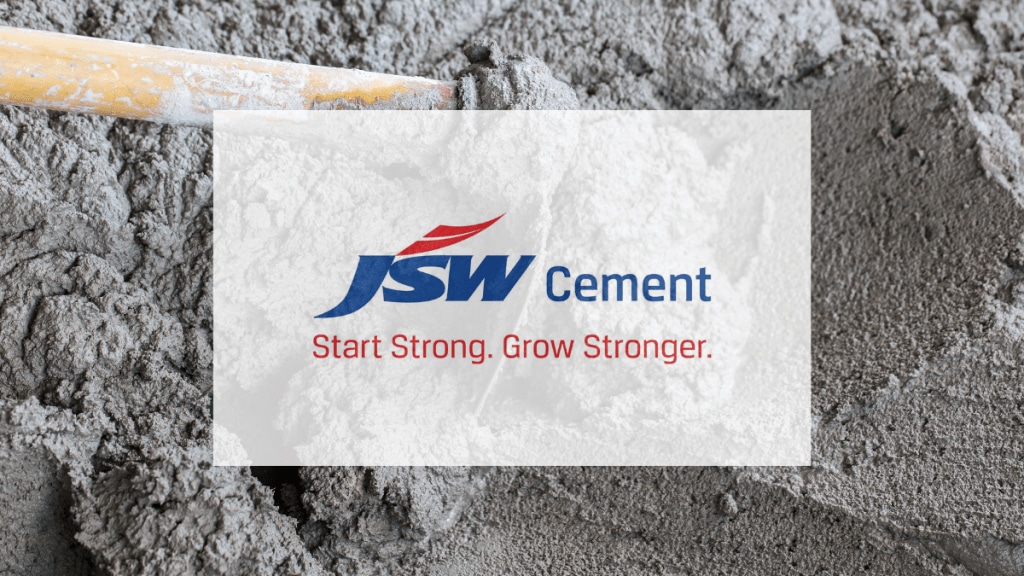JSW Cement is sharpening its focus on cost efficiencies, aiming to pare down expenses by Rs 400 per tonne over the next two years, the firm’s management said during an earnings call on Wednesday.
JSW Cement executives added that nearly half of this target has already been achieved through measures such as optimising logistics, shifting to renewable energy, expanding the use of alternative fuels, and increasing the share of premium products.
“We have a lot of focus on cost reduction. Substantial chunk of it has already been achieved, and additional savings will translate into stronger margins,” chief executive Nilesh Narwekar said at the call after the FY26 first-quarter results.
These efforts, he added, are designed not just to support profitability in a volatile fuel environment but also to consolidate JSW Cement’s position as the lowest-emission producer in India and globally, with CO2 intensity of 277kg per tonne.
GST implications and incentives
The company also addressed the potential impact of a cut in the goods and services tax (GST) on cement. A reduction from the current 28% slab to 18% could lower the absolute value of incentives that states extend, since these are linked to net GST outgo.
However, Narwekar clarified that timelines for such benefits will remain unchanged: “Everyone will be governed by the policy under which they have invested. While the absolute number may drop, the benefits will continue for the balance life of the policy.”
Expansion into North India
Expansion remains central to JSW Cement’s growth strategy. The company has set its sights on reaching 34 million tonne annual capacity by 2028, with immediate additions at Sambalpur (Odisha) and Nagaur (Rajasthan). The Sambalpur grinding unit is slated for commissioning this month, while Nagaur’s integrated plant will come onstream within the current financial year.
Entry into North India is particularly significant, with management highlighting that the region’s trade-heavy market will help lift JSW Cement’s retail mix from 52% to about 55-60%. Over the longer term, the company expects new capacity to diversify geographic risk and capture incremental demand from infrastructure and housing.
On the industry environment, JSW Cement struck a confident note despite near-term challenges. Demand is projected to grow 6.5-7.5% in FY26, aided by government spending on infrastructure. Fuel costs, however, are emerging as a pressure point, with imported pet coke prices inching up from $105 to $115 per tonne. Prices in key markets are largely holding firm, with only a marginal dip during the monsoon, and the festive season is expected to provide further support.


